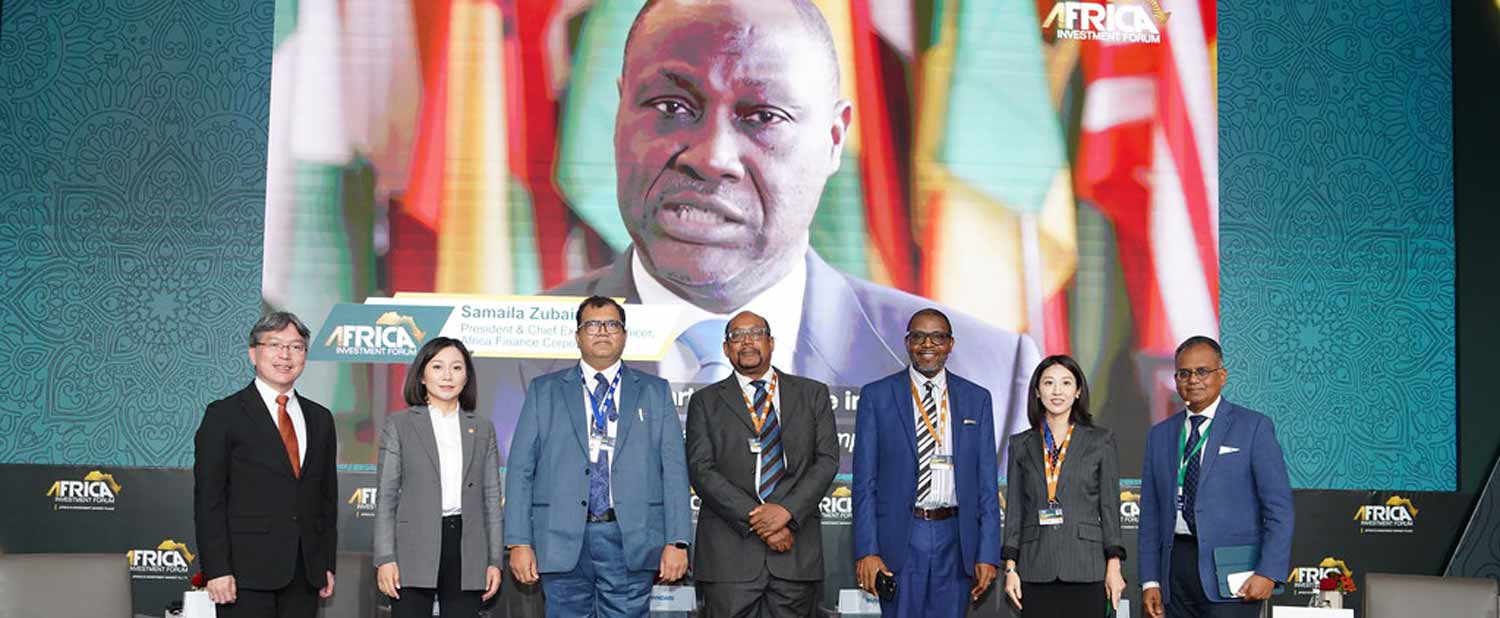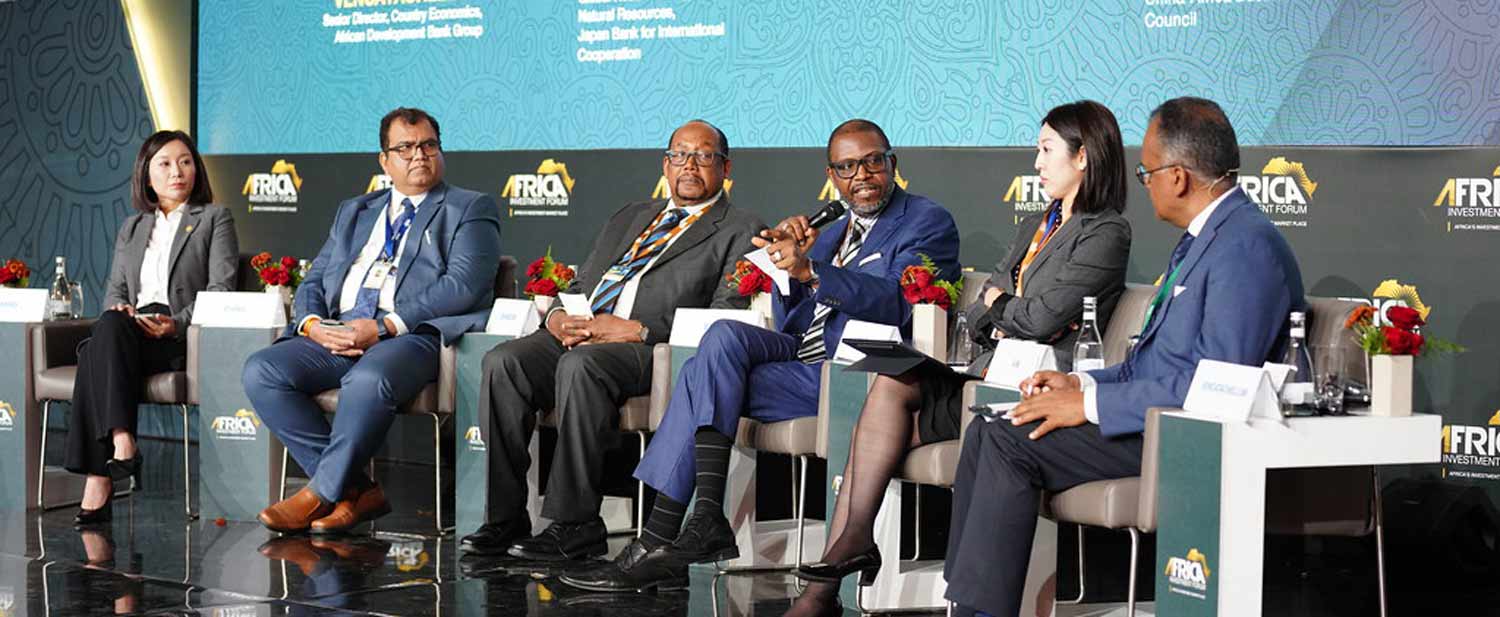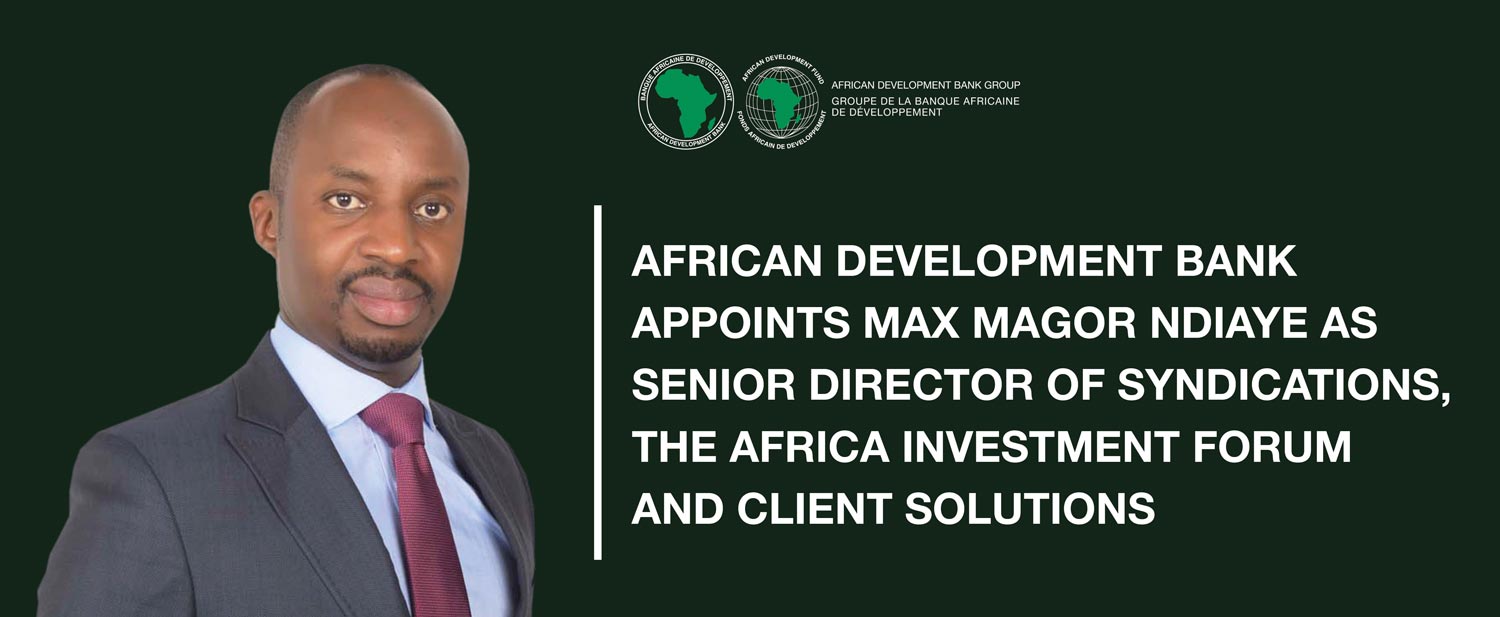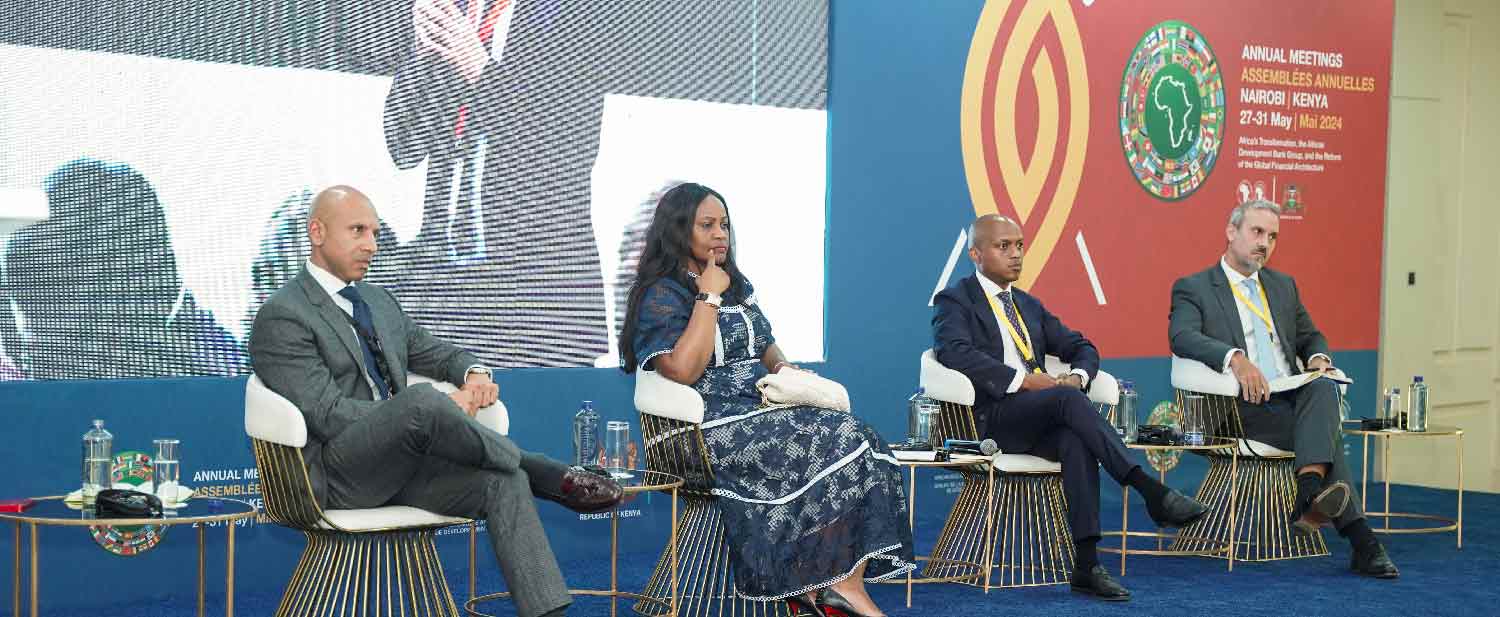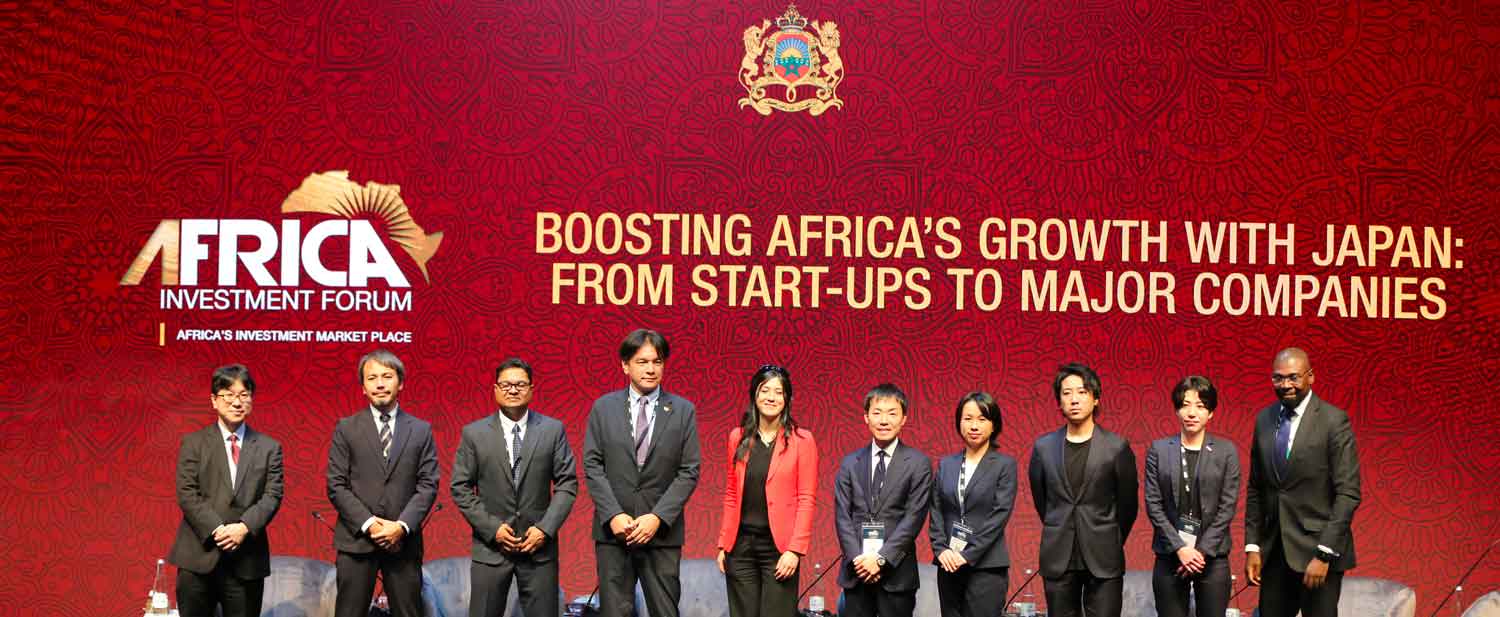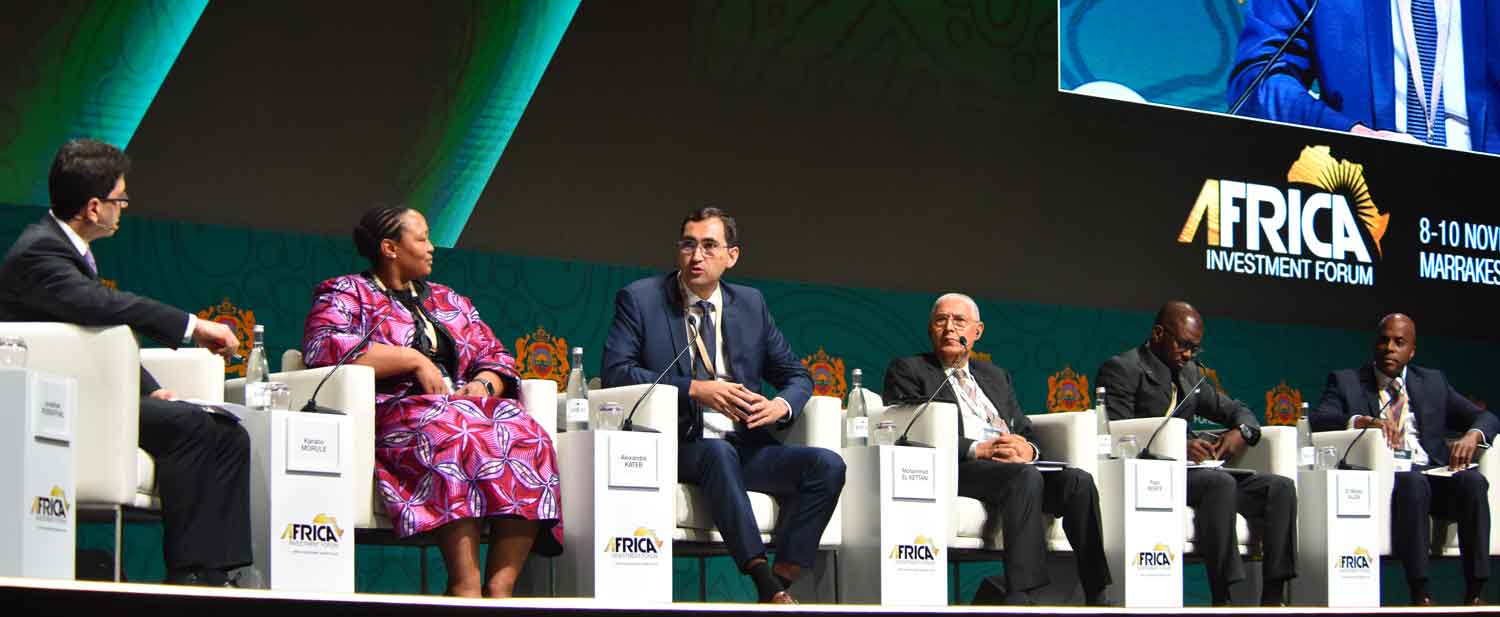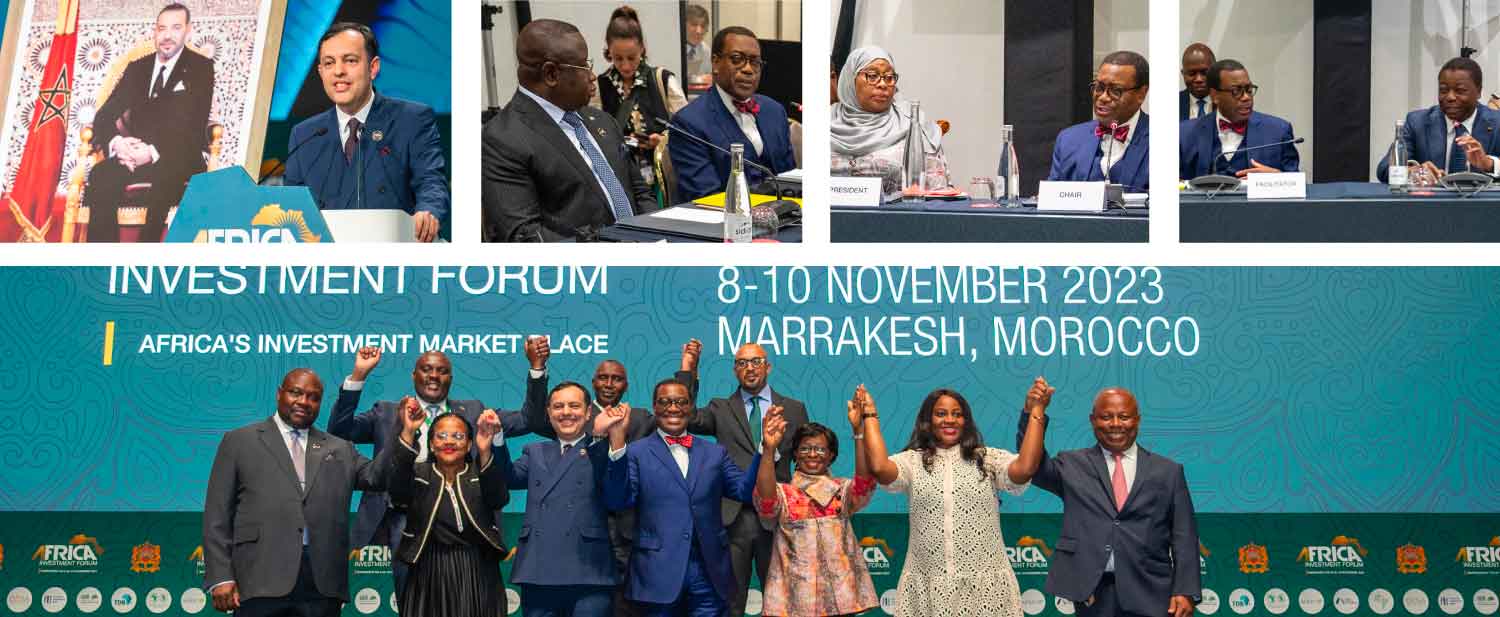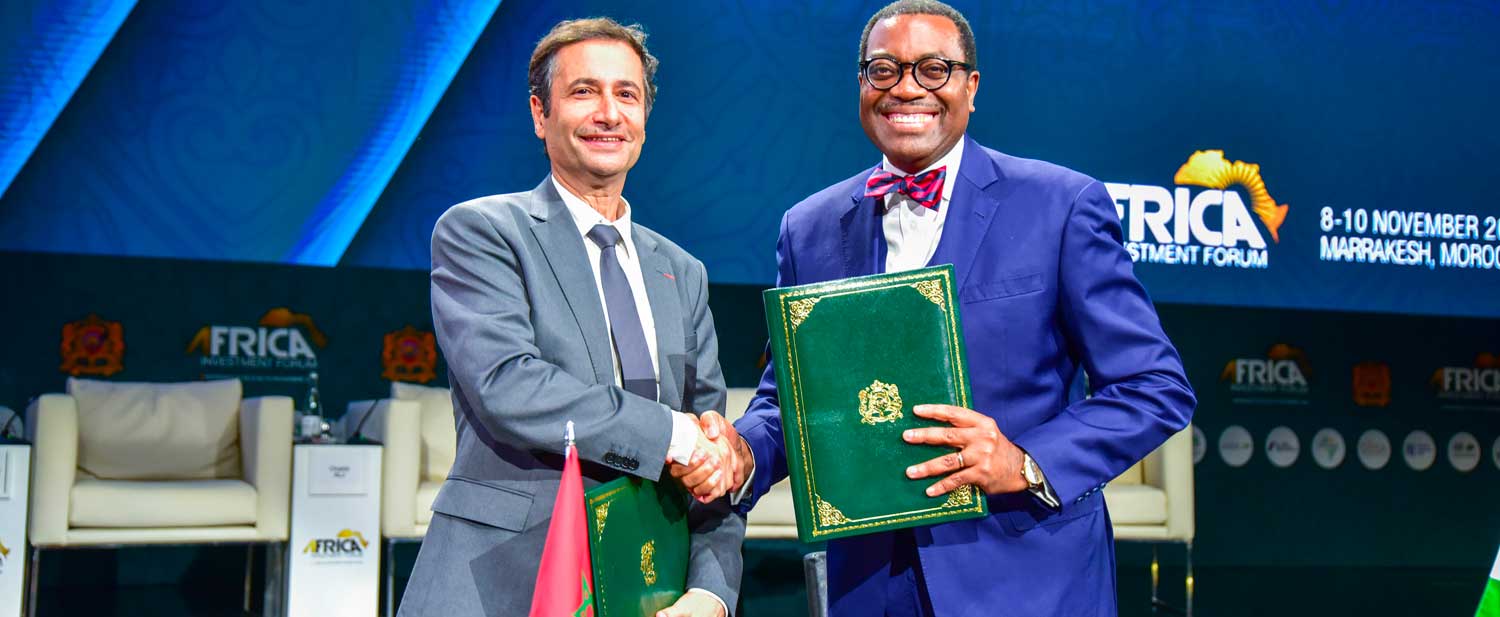African and Asian investors, entrepreneurs and industrialists came together for a panel discussion on how to take best advantage of the surge in demand for Africa’s critical minerals resulting from the green energy transition and transform the sector from raw exports to high-value in-country manufacturing.
The panel, which was sponsored by the Japanese government and Fund for African Private Sector Assistance (FAPA), saw several high-level speakers explain how they are trying to match growing demands of both consumers and producers.
Tatsushi Amano, Managing Executive Officer at JBIC, described evolving finance approaches: “Nowadays, many of the Export Credit Agencies (ECAs) are moving toward the direction of development finance.”
He explained how JBIC has expanded beyond supporting Japanese exports to financing projects producing essential materials for Japanese industry, emphasizing that while funding is not the main challenge, “gathering expertise on various issues will be essential for materializing tangible benefits.”
Dr. Kodjo Busia, Executive Director of Green Africa Minerals, which has offices in Tanzania and Dubai, traced how colonial-era patterns of raw material exports persisted through structural adjustment policies without bringing industrialization. He highlighted how “African leaders got together and said, ‘Look, it’s time to add value to our resources as a way of harnessing the whole venture of our natural resources.’” The 2008 Africa Mining Vision strategy developed by the Mineral Development Center in Ethiopia began transforming export patterns through policy incentives, skills development, and regional value chains.
Catherine Zhang, Vice Chairman of China Africa Business Council and President of Rockcheck Group, detailed growing partnerships: “China and Africa have a significant relationship, with trade reaching $282 billion this year.”
Her company, founded by her parents 30 years ago, began steel production and now imports over 10 million tons of iron ore annually. Zhang highlighted the company’s green innovation: “We already achieved zero carbon in terms of our logistics, with 10 hydrogen stations and over 600 hydrogen cars powered by solar-generated hydrogen.” She noted their expansion into automobile manufacturing and commodity trading across 63 countries.
Samuel Olu Faleye, whose SAGLEV Inc manufactures EVs in Lagos, emphasized surging demand: “It is virtually impossible in the last year to run ride-hailing without an electric vehicle.” With over 6,000 ride-hailing drivers needing vehicles, he stressed financing challenges: “The funding gap to fund electric vehicle buyers is just as high because the industry is changing so fast.” He advocated for blended financing and public-private partnerships to develop charging infrastructure, suggesting industrial clusters could share power, services, and technical expertise.
Catherine Kim, Director of Corporate Relations at the South African Chamber of Commerce in Korea, highlighted her country’s transformation from poverty in the 1960s to becoming a donor nation. She emphasized Korea’s current supply chain vulnerabilities: “87% of our production is based on trade, which means we are totally susceptible to supply chain issues.” This has driven Korean manufacturers to seek new partnerships, with companies like Samsung and LG investing in Zambia’s mineral sector,
Earlier in the day, African Development Bank Group President Dr. Akinwumi Adesina underscored Africa’s central role in the energy transition by citing its dominance in critical minerals: 95% of chromium, 90% of platinum group metals, two-thirds of cobalt, 30% of lithium and manganese, and 20% of graphite. With the electric vehicle and battery market projected to grow from $7 trillion in 2030 to $59 trillion by 2050, he highlighted Africa’s competitive advantage, noting that lithium-ion battery plants in DRC would cost one-third of similar facilities in the US.
African Development Bank Group Vice President for Private Sector, Infrastructure, and Industrialization, Solomon Quaynor concluded the panel session with a message of partnership and ambition. Having traveled to Japan, China, India, and Korea with the same message, he declared: “Africa is not going to really adopt the old industrialization approach when it comes to the Green minerals... We want to move up that value chain.”
He emphasized Africa’s readiness for transformation through institutions like Africa Finance Corporation and African Development Bank: "We will put equity, we will raise the debt," highlighting Morocco’s infrastructure and policy incentives as examples of the continent’s commitment to green industrialization. “You will be there as partners because we have to change the industrialization for the green network,” he told Asian investors.
